This summer has been tough.
A close client passed away suddenly at the age of 52, leaving his wife, his children, his family, friends and JV partners all in shock.
At the visitation of his funeral, packed with his friends and families, I listened to all the rare stories about him. A dedicated husband, a loving father, a loyal brother and cousin, a generous friend, and much more. These few words are nowhere near sufficient to describe his life.
He’s also a loyal and thoughtful client, full of energy all the time and eager to share all his experience and solutions to my real estate problems. He’s the only client who would offer to buy a coffee before every single one of our appointment.

It was not easy to say goodbye. May you rest in peace.
Sadly, it is this type of situation that would force us to look at our lives differently.
Things that we are so upset about, maybe it’s not worth pulling your hair out.
Remember the fancy car that we all want to have; maybe we can spend the money creating memories with our loved ones instead.
Maybe we can take a break, look at what we have, and appreciate and enjoy them a bit more before it’s too late.
This is a particularly important point to make if your loved one works in the construction industry, as accidents are rife there.
Now, onto this week’s topic.
I had a conversation with my developer friend, Charles Wah, recently. He had a few questions about development and building so I thought I would use this blog post to explain the HST impact.
-
You don’t have to pay HST on the vacant land purchase
Selling vacant land can be considered a commercial activity. A commercial activity is subject to HST.
As a developer or a builder, you can be charged for HST when buying vacant land for redevelopment.
Because you are a developer and builder (also engage in commercial activities of selling homes), you can claim the HST you paid from buying the vacant land.
CRA recognizes that the HST collected in this type of transactions are in and out of their pocket. It gets remitted to them at the time of closing. The money will be refunded to the developer or builder when he files the HST return.
As a result, if the developer or builder has a registered HST number that’s active at the time of closing, the developer or builder is not required to pay the HST at closing, saving some hassle for collecting the money and refunding it a few months later.
As a developer or a builder, you are required to report the purchase on your next HST return.
-
If you are assembling multiple residential homes for development, be sure to register HST early
We all know that there’s only a limited amount of land. It’s not so easy to find vacant land these days.
Many developers and builders are buying existing residential homes with big lots for redevelopment.
Many smaller scaled builders start their business off from buying an older residential plot, tearing it down and then rebuilding new construction homes on the same site.
As most of us know, buying a residential resale has no HST impact. You’re not charged for the HST. You may even forget to register for HST.
When you start development, you are piling up on receipts and expenses. HST paid on these expenses can be claimed against the HST payable in the future.
But these expenses must be incurred after you register for your HST numbers.
If you register early, you may even be able to claim the HST you pay to the lawyer for closing!
-
You can be a builder and HST can be the biggest expense
Continuing from the previous point, if you make a teardown and sell it to a third party, you are required to charge HST on the sale.
Similarly, if you are renovating a house substantially, you are considered a builder, and you are required to charge HST as well.
This means that HST can be your biggest expense if you do not include that as part of your calculation.
Like any products on the market, new residential houses or condos or townhouses are subject to HST. Full 13% on the entire house.
You can claim the HST you pay to hire subcontractors, materials and professional fees as a credit against this 13%. If the buyer is moving in, you can even request them to assign the HST residential rebate to you, and lowering the payable to CRA.
But there’s an HST exposure. Be sure to account for it when you are entering the builder world.
-
HST refund can help with cash flow, but be prepared to get audited when you ask for money back
Developments and constructions can be a lengthy process. Depending on the scale of the project, it can range anywhere from a few months to a few years.
The ultimate sale of the final product may not happen until years down the road.
In this case, you can keep track of your expenses, claim the HST that you paid on expenses incurred, and ask for an HST refund.
We probably know about this already. As soon as you are asking for money back from CRA, chances are, you will get audited.
This can be a one time audit and can be multiple audits.
Regardless, be sure to keep all your receipts as documentation so you can have some money coming back to you during the development. ?
-
The asking price for residential homes are net of HST rebate
When you sell new residential homes, you want to present the lowest price possible to attract more buyers.
This means that you list at a price, net of HST rebate, with the assumption that the buyers will be moving into the property.
When the buyers or their relatives are moving to the newly built home, they can assign the new residential housing rebate to you; you can claim them on your behalf, thus lowering the amount of HST you will need to remit to the CRA.
The key is that the buyers have to sign a document declaring their intention of moving in.
If they don’t, you need to charge the full HST to the buyer at the time of closing.
HST for developers and builders can be complicated. Be sure to consult a professional accountant to understand your exposure.
Until next time, happy Canadian Real Estate Investing.
Cherry Chan, CPA, CA
Your Real Estate Accountant
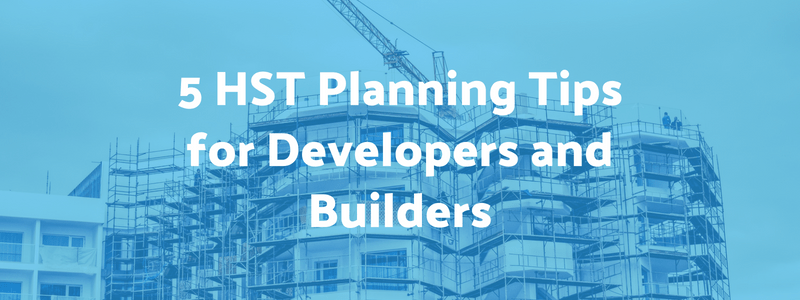
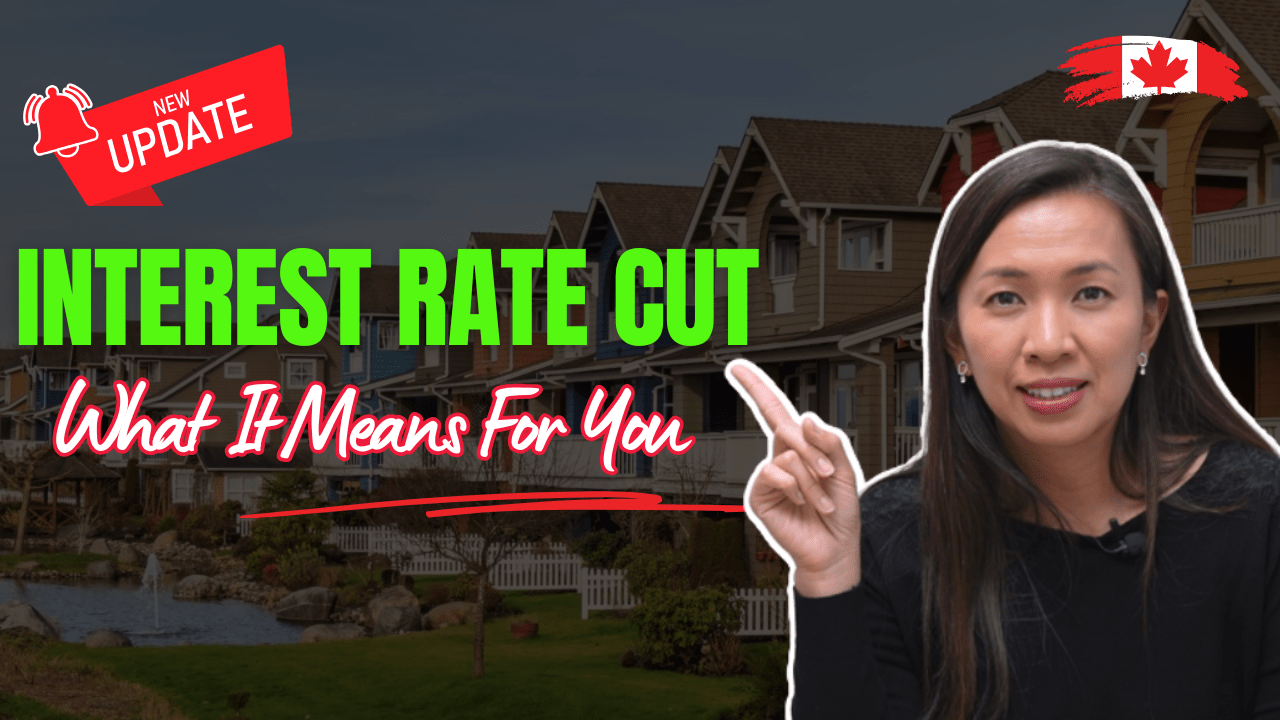

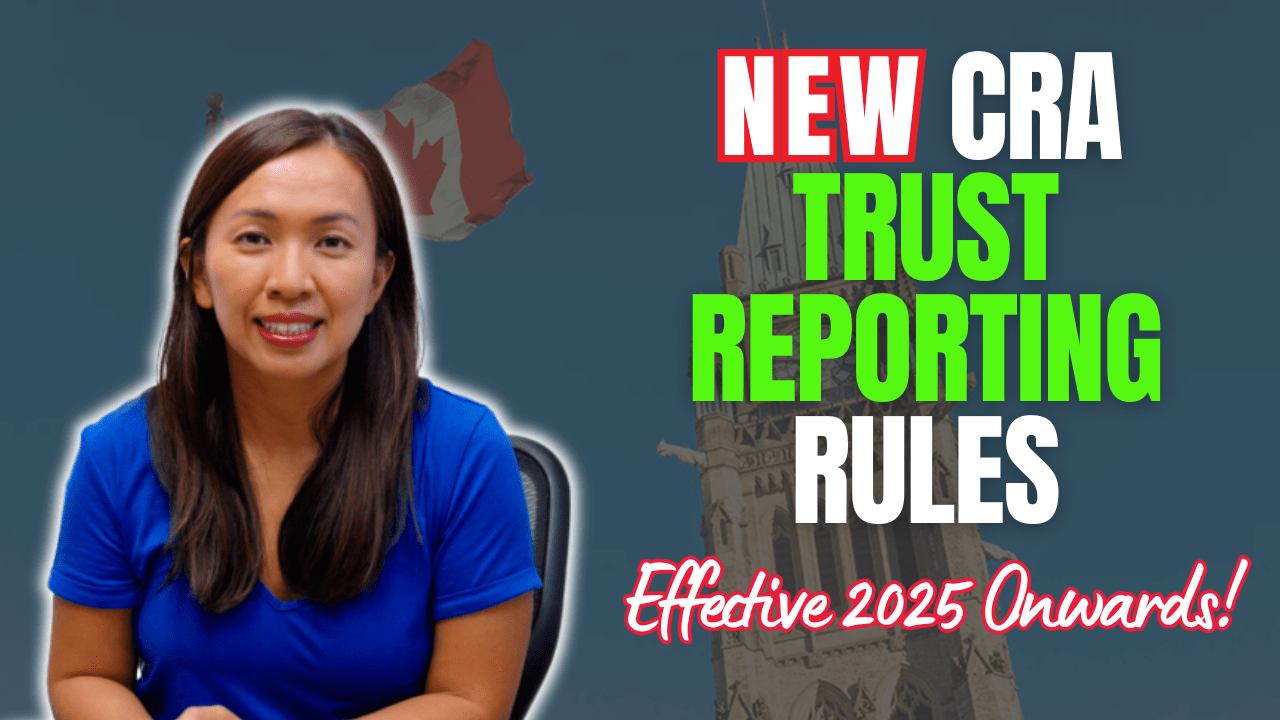
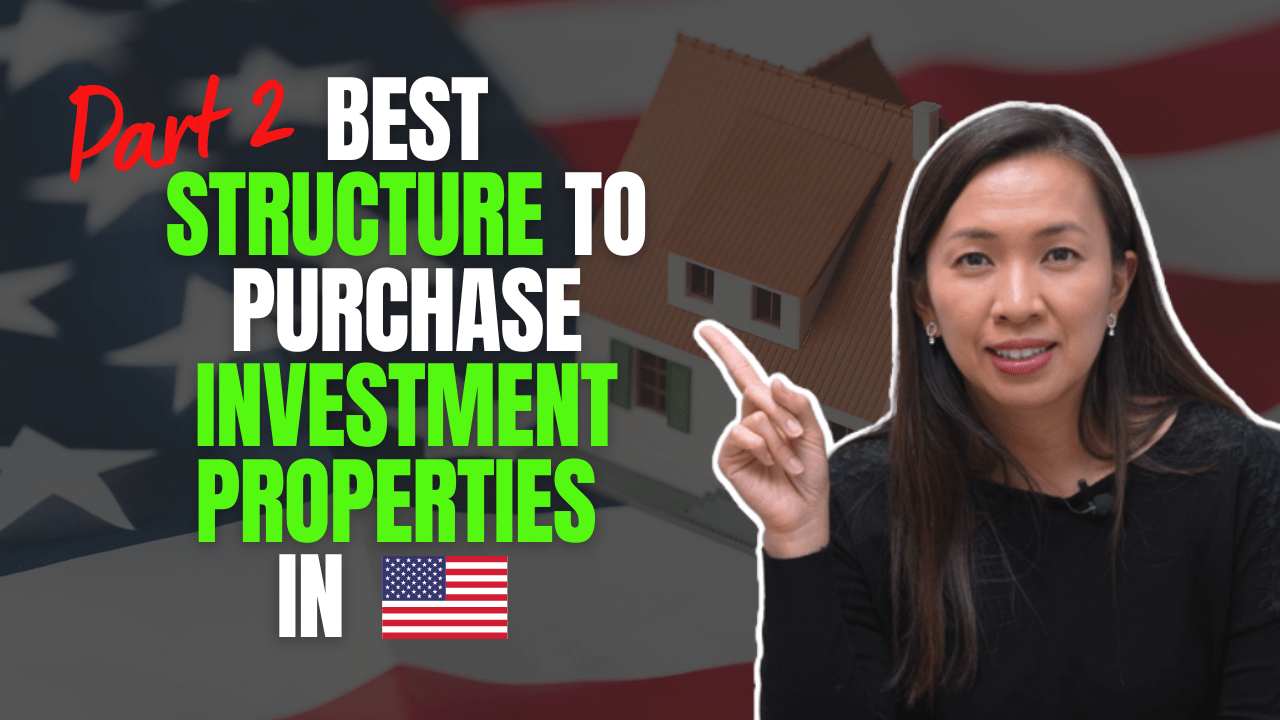
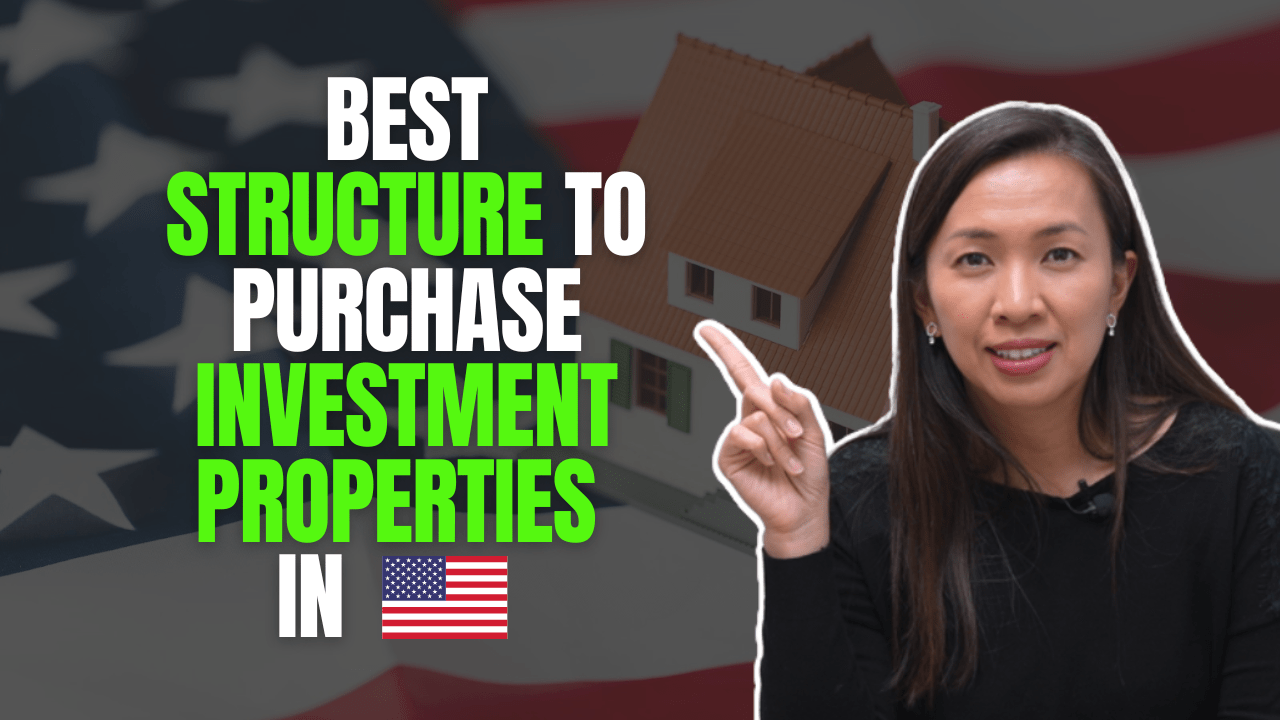
Nathan
Excellent. I purchased land recently and ya the HST was confusing. This article helps.